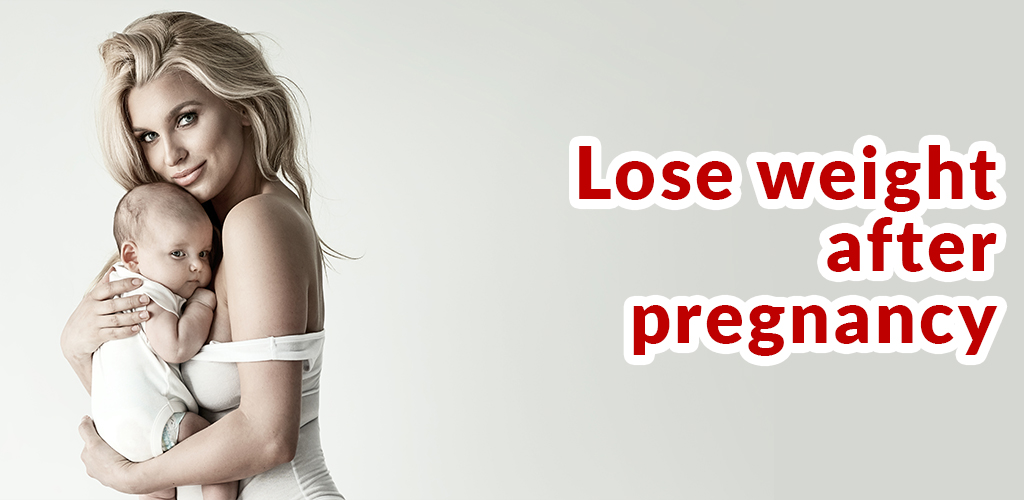When you’re pregnant, sometimes all you hear about is foods you should avoid. Here are the most nutritious foods for you and your baby, ones you should aim to eat every day.
Choose Fruits and Vegetables During Pregnancy
Leafy greens are very nutritious, and you don’t have to love spinach to get your serving of them every day. Try eating romaine or other dark lettuces in salads at lunch or with dinner. These vegetables provide iron and are great sources of folic acid, one of the most crucial nutrients because it helps prevent birth defects in the unborn baby.
Your vitamin C needs increase during pregnancy, and citrus fruits are one of the top sources. One orange or grapefruit is all you need to exceed your daily requirement. If you get tired of snacking on these every day, toss some red peppers with your salad for an even greater source of vitamin C. Plus, adding these to salads increases your absorption of iron from the leafy greens.
Think orange! Carrots, cantaloupe and sweet potatoes are great sources of vitamin A. It’s better to get this nutrient from fruits and vegetables rather than liver because liver can actually be too high in vitamin A, and this form of the vitamin can cause birth defects in high doses. No such problem occurs when you get vitamin A from fruits or vegetables.
Protein When You’re Expecting
Protein needs increase during pregnancy, and the obvious sources are meat, chicken and fish. Choose leaner cuts and grill or roast them rather than frying. Eating small portions of quality, fresh meat products is best.
Beans are also a great source of protein and have folic acid, giving you a one-two punch of important nutrients for your baby. Some women get turned off meat during pregnancy, and beans are a great substitute since they’re lower in fat than meat and provide fiber and vitamins that meat doesn’t have.
Dairy Products Are Good for You and Baby
Foods such as low-fat cheese, milk and yogurt are not only delicious, satisfying snacks but they also contribute calcium to your body. Your baby needs calcium for bone development and nerve function. You can also get calcium from leafy greens or salmon with the bones.
Whole Grains and Nothing But
For many women, constipation is a problem during pregnancy, and choosing whole grain bread, pasta, rice and other grains can help alleviate this problem. Also, whole grains have many more vitamins and minerals than there refined counterparts, making them generally more nutritious.
By focusing on the nutritious foods you can eat when you’re pregnant, and choosing whole, unprocessed foods most of the time, you can avoid many of the foods that can cause problems during pregnancy, and eat a tastier, fresher diet that will benefit you and your baby.








